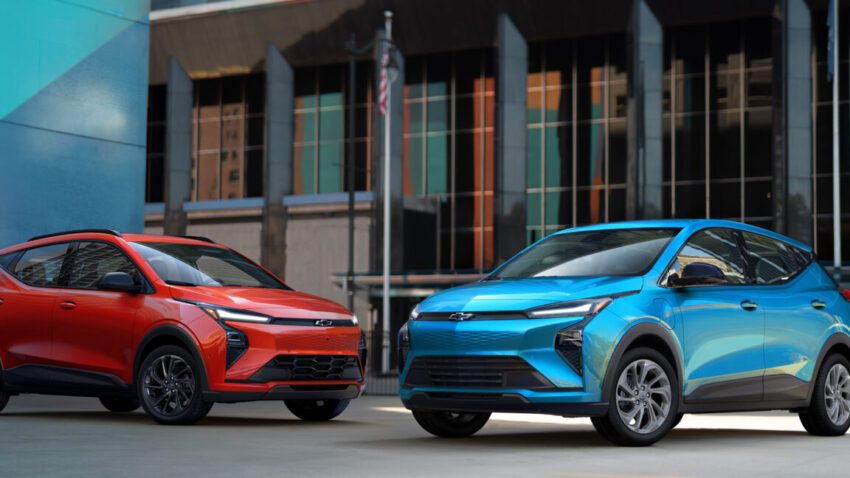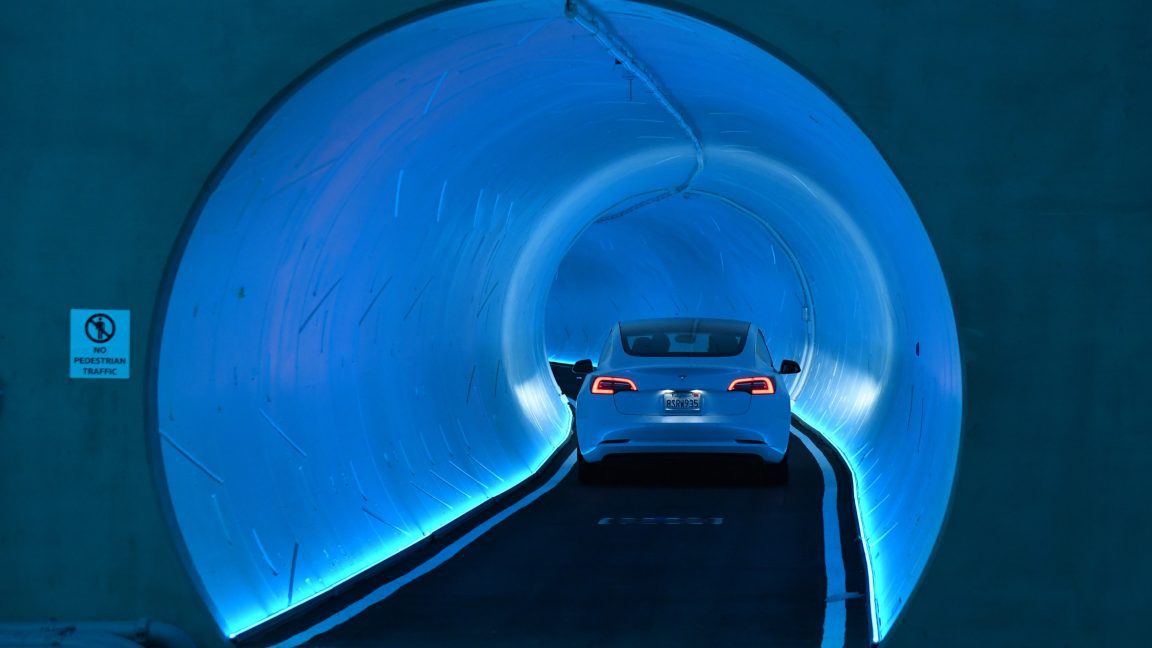
it s back the 2027 chevy bolt The Chevrolet Bolt is set to make a comeback in 2027, featuring an all-new lithium iron phosphate (LFP) battery, raising questions about its future in the electric vehicle market.
it s back the 2027 chevy bolt
The Chevrolet Bolt: A Brief History
First introduced in 2016, the Chevrolet Bolt quickly gained attention as one of the earliest electric vehicles (EVs) to offer over 200 miles (321 km) of range at a competitive price point. This made it an attractive option for consumers looking to transition from traditional gasoline-powered vehicles to electric alternatives. The Bolt’s initial success was marked by its affordability, practicality, and impressive range, which made it a favorite among both casual drivers and automotive enthusiasts.
From model year 2017 through 2023, the Bolt maintained a strong presence in the EV market. It was praised for its performance, particularly when equipped with the right tires, which allowed it to compete with sporty vehicles like the Volkswagen Golf GTI. Although the Bolt had some limitations, such as slower charging speeds compared to some of its competitors, it still proved to be a reliable option for road trips, thanks to its substantial range.
Challenges and Setbacks
Despite its early success, the Chevrolet Bolt faced significant challenges. In 2020, General Motors (GM) issued a costly recall affecting tens of thousands of Bolt vehicles due to battery issues caused by improperly folded cells. This recall raised concerns about the safety and reliability of the Bolt, leading to a temporary decline in consumer confidence.
Despite these setbacks, the Bolt remained GM’s best-selling electric vehicle until the introduction of the Ultium platform. The Ultium platform, which was designed to support a new generation of electric vehicles, shifted GM’s focus away from the Bolt. In early 2023, GM announced plans to discontinue the Bolt, a decision that was met with widespread disappointment from EV enthusiasts and Bolt owners alike.
The Backlash and GM’s Response
The announcement of the Bolt’s discontinuation sparked an overwhelmingly negative reaction from the public. Many loyal Bolt owners expressed their frustration on social media and automotive forums, lamenting the loss of a vehicle that had become a staple in the EV community. The backlash was so intense that it prompted GM CEO Mary Barra to reconsider the decision. In a surprising turn of events, Barra announced that the Bolt would be returning, albeit with significant changes.
Introducing the LFP Battery
One of the most notable changes for the 2027 Chevrolet Bolt is the introduction of an all-new lithium iron phosphate (LFP) battery. This type of battery has gained popularity in recent years due to its advantages over traditional lithium-ion batteries. LFP batteries are known for their thermal stability, longer lifespan, and lower cost, making them an appealing option for automakers looking to reduce production expenses while maintaining vehicle performance.
The switch to LFP batteries aligns with GM’s broader strategy to make electric vehicles more accessible to consumers. By utilizing a more cost-effective battery technology, GM aims to keep the Bolt competitively priced while enhancing its overall appeal. This move could also help alleviate some of the concerns surrounding battery safety and longevity that have plagued the Bolt in the past.
Performance and Range Expectations
While specific details about the performance and range of the 2027 Bolt are still forthcoming, expectations are high. The introduction of the LFP battery is likely to result in improved efficiency and potentially increased range. The current Bolt models offer an EPA-estimated range of around 259 miles (417 km) on a full charge, and many industry experts anticipate that the new battery technology could push this figure even higher.
Additionally, the performance characteristics of the Bolt are expected to remain competitive. With its nimble handling and responsive acceleration, the Bolt has always been a fun vehicle to drive. The integration of the new battery technology may enhance these attributes, making the 2027 Bolt an attractive option for those seeking a practical yet enjoyable driving experience.
Market Implications
The return of the Chevrolet Bolt with an LFP battery could have significant implications for the electric vehicle market. As more consumers become interested in EVs, the demand for affordable options continues to grow. The Bolt’s competitive pricing and improved technology may position it favorably against rivals like the Tesla Model 3 and the Ford Mustang Mach-E, both of which have established themselves as popular choices in the EV segment.
Moreover, the introduction of LFP batteries could influence other automakers to explore similar technologies. As the industry shifts toward more sustainable and cost-effective solutions, the success of the Bolt may encourage competitors to invest in LFP battery technology, potentially leading to a broader adoption of this battery type across various vehicle segments.
Stakeholder Reactions
The announcement of the Bolt’s return has elicited a range of reactions from stakeholders in the automotive industry. EV enthusiasts have expressed cautious optimism, welcoming the news while remaining skeptical about GM’s commitment to the model’s future. Many are eager to see how the new LFP battery will perform in real-world conditions and whether it will address the concerns raised by previous battery issues.
Automotive analysts have also weighed in on the implications of the Bolt’s return. Some view it as a strategic move by GM to reclaim its position in the EV market, while others caution that the company must ensure that the Bolt’s production and supply chain are robust enough to meet anticipated demand. The success of the Bolt will depend not only on its technology but also on GM’s ability to effectively market and distribute the vehicle.
Conclusion
The 2027 Chevrolet Bolt’s return, featuring an all-new LFP battery, marks a significant development in the electric vehicle landscape. As GM seeks to balance affordability with performance, the Bolt’s revival could reinvigorate interest in the model and solidify its place in the competitive EV market. However, the success of this endeavor will ultimately hinge on the vehicle’s performance, consumer reception, and GM’s ability to navigate the challenges that lie ahead.
Source: Original report
Was this helpful?
Last Modified: October 10, 2025 at 8:36 pm
1 views















